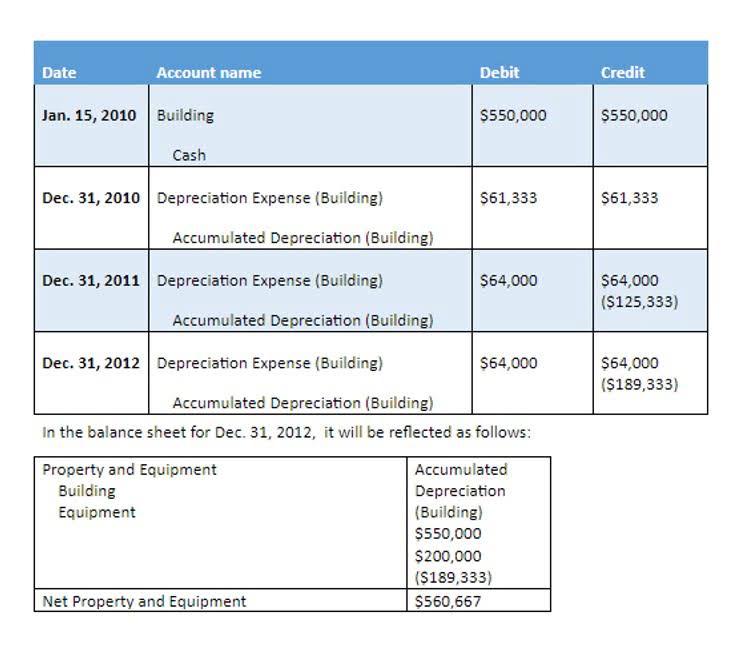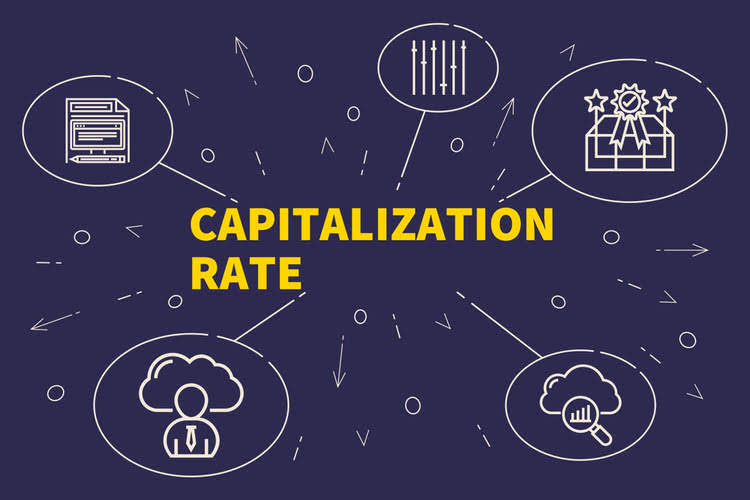+86-(0)768-6925905
Content

There are managed bookkeeping services that offer a combination of software and people to help you keep your books in check. With an accounting system, you need to decide when to record transactions. With a cash account system, you’ll record transactions anytime cash changes hands. An accrual accounting system records transactions, like sales, immediately, even if money isn’t exchanged until later. As your company grows, you’ll probably want to move towards accrual accounting, but it’s not a necessity when starting a business. Additionally, many accounting software allows third-party application integrations. In a service-based business, a time tracking application could integrate with the accounting software to add labor to a client invoice.
Brazil’s Americanas files for bankruptcy after $3.8bn accounting … – Financial Times
Brazil’s Americanas files for bankruptcy after $3.8bn accounting ….
Posted: Thu, 19 Jan 2023 18:00:52 GMT [source]
Scalability was the next most important consideration because as a company grows, its accounting needs grow as well, and transferring financial information to new software can be tedious. Liabilities are what the company owes like what they owe to their suppliers, bank and business loans, mortgages, and any other debt on the books. The liability accounts on a balance sheet include both current and long-term liabilities. Current liabilities are usually accounts payable and accruals. Accounts payable are usually what the business owes to its suppliers, credit cards, and bank loans.
Make business filing and tax prep easier with bookkeeping.
If you’re searching for accounting software that’s user-friendly, full of smart features, and scales with your business, Quickbooks is a great option. If you choose to use double-entry bookkeeping—and we strongly suggest you do! —you’ll record each transaction as a creditand as adebit. We’ll show you examples of how to record a transaction as both a credit and debit later on. It can be difficult to track business expenses, but by using a business credit card, for example, you can make sure that all of your expenses are kept together and tracked. The easiest way of doing this is by categorising your bills into types of expenses to make things a lot easier.
If you use cash accounting, you record your transaction when cash changes hands. The world has become electronic and internet-based, and this is especially true for accounting and bookkeeping support. But if you use software on your own to manage your books, you don’t have an experienced set of eyes reviewing your work.
Get the reporting, expense tracking, and financial tools you need to stay organized and on track.
Cash flow statements help show where your business is earning and spending money and its immediate viability and ability to pay its bills. Now that you’ve balanced your books, you need to take a closer look at what those books mean. Summarizing the flow of money in each account creates a picture of your company’s financial health. You can then use that picture to make decisions about your business’s future.
If you don’t keep accurate daily records, then it’s a lot more difficult for you to track the financial condition of your business. If you have a small business and you have employees, then payroll is the way you pay your employees. It’s a big part of bookkeeping and involves reporting a lot of payroll aspects to the government. This includes taxes that need to be paid on behalf of employees, compensation and more. Accounts payable is the account which is used to track all of the money that you owe to a third party, such as supplier companies, banks, governments or anyone you borrowed money from. An easy example to think about is a mortgage as when you take one out, you sign a contract telling the bank you’ll pay them over a period of time in instalments. Once the entries are assigned to the correct accounts, you can post them to the general ledger to get a bird’s-eye view of your current cash status.
Balance Sheet
Read our editorial process to learn more about how we fact-check and keep our content accurate, reliable, and trustworthy. An example of an expense account is Salaries and Wages or Selling and Administrative expenses. Expenses are all the money that business bookkeeping is spent to run the company that is not specifically related to a product or service sold. Thomas J Catalano is a CFP and Registered Investment Adviser with the state of South Carolina, where he launched his own financial advisory firm in 2018.
- Bookkeeping involves recording and classifying all the financial transactions in your business.
- This method records financial transactions when money is exchanged.
- The general idea behind Profit First accounting is that businesses should pay themselves first and let what remains to dictate how much they can spend on operating expenses.
- Many of them, however, would probably flunk basic bookkeeping.
Again, this all depends on how you structured your business. Regardless of how frequently you pay your employees, it is advised that you run payroll at least once per month. You’ll also need to make the appropriate payroll tax payments, both federal and state. Your separate payroll software might have a feature to automatically calculate the appropriate tax withholdings. Doing your bookkeeping in Excel is a good option if you don’t want to spend extra money on software since you may already have the program installed on your work computers.
How to find bookkeeping help for small businesses
At tax time, the burden is on you to show the validity of all of your expenses, so keeping supporting documents for your financial data like receipts and records is crucial. Most accounting software today is based on double-entry accounting, and if you ever hire a bookkeeper or accountant to help you with your books, double-entry is what they’ll use. However, accountants are brought in when the business needs more strategic advice, especially as it relates to taxes and corporate or financial planning. Learn more about the differences between accounting and bookkeeping. As your business grows, you might wish to hire either a full-time or part-time, in-house or outsourced bookkeeper to organize transactions, payroll, payments to vendors, and other tasks.

